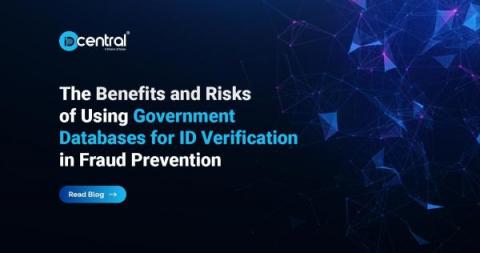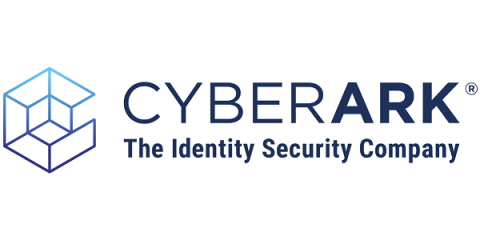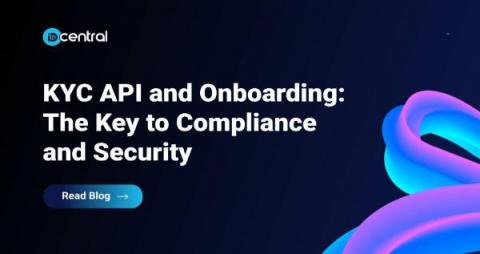CrowdStrike Extends Identity Security Innovations to Protect Customers and Stop Breaches
From the CISO perspective, identity security is one of the top security challenges, driven by the adversary’s increased use of stolen credentials to target and infiltrate organizations. The data bears this out: according to the CrowdStrike 2023 Global Threat Report, 80% of attacks use compromised identities, while advertisements for access broker services jumped 112% in 2022.









